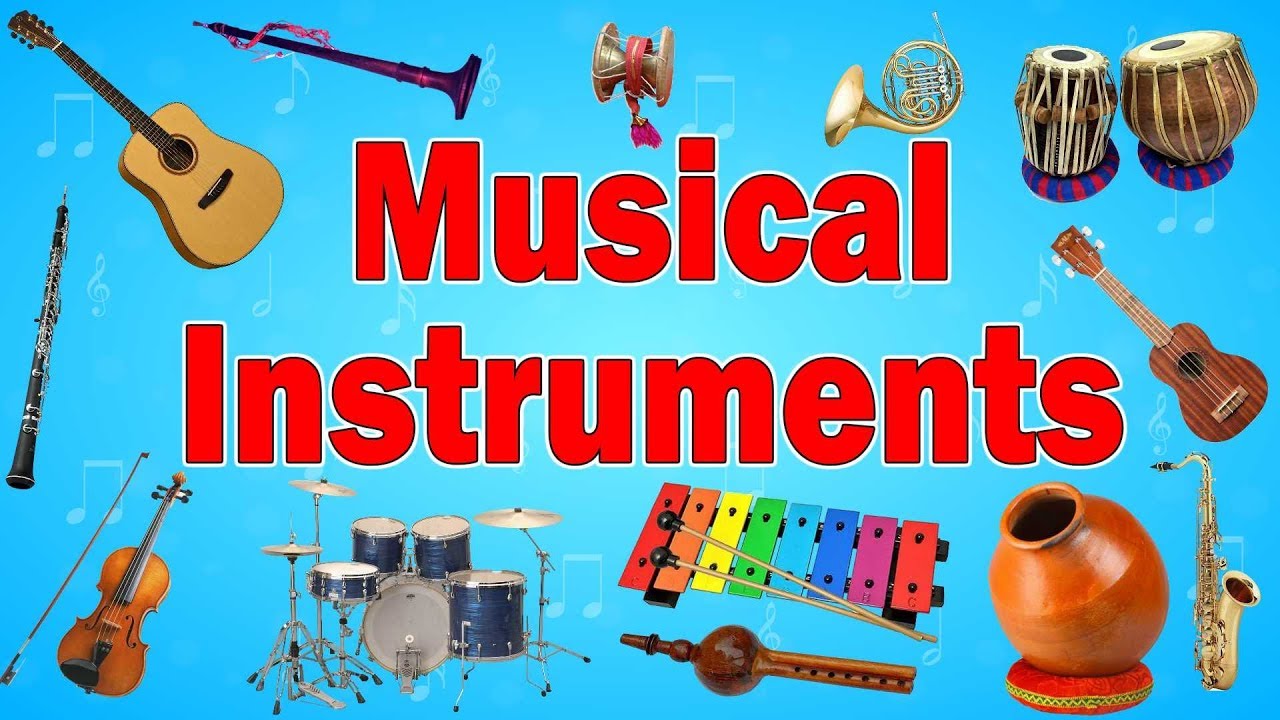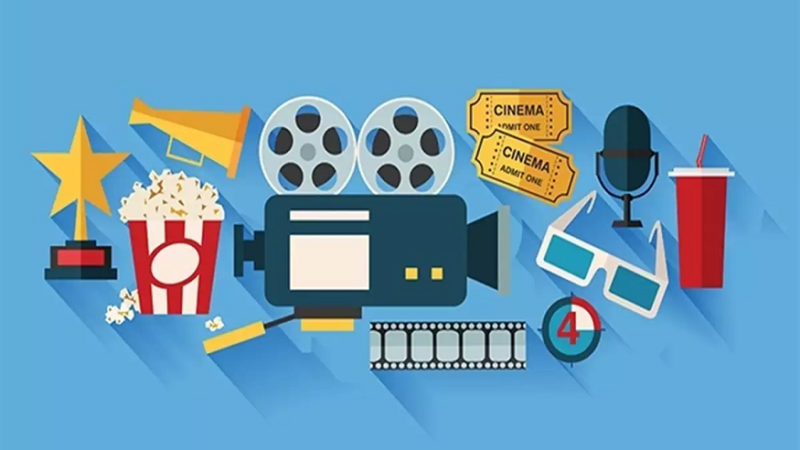How to Learn Many Musical Instruments?

Despite common opinion, studying two instruments at the same time is possible. Many professional musicians will be able to play a second instrument to some degree. According to research, studying two instruments at the same time has no negative impact on either instrument’s advancement.
Steps To Learn Multiple Musical Instruments
- Identify Your Goal
The first step is to talk to your teacher about your goals, expectations, and time constraints. Do you wish to learn how to read music and perform compositions? Or are you hoping to learn a few simple chords so you can entertain your pals at your next get-together? Are you interested in joining a community orchestra or starting a band, or are you seeking a creative outlet to unwind after a long day at work?
- Proper Practice Time Schedule
Finally, make time to practice the instruments you want to learn. Keep in mind that the more instruments you know, the more difficult it is to stay “fresh” on a considerable number of them. Yes, it’s similar to cycling, but with some instruments (especially brass/woodwinds/vocals), you’ll notice that your chops decrease every day you’re not playing since the delicate muscle groups necessary for such instruments are pretty specific in strength and quickness.
- Keep Practicing with Patience and Don’t Give Up
It takes at least 10,000 hours to “master” an instrument. Most musicians who focus on performance adhere to a strict schedule of three hours for ten years to achieve expertise. If you work full-time, it’s impossible to “master” more than one instrument every ten years. However, if you practice a lot of them, you’ll see those specific talents cross over, and what experts deem “mastery” may not be what you desire or think. So, how you go about doing this is really up to you, although there are a few methods.
- Keep Yourself Motivated
Makeup as many reasons as you can to play. If you’re in a city, go for a quiet place to play in. Join a neighborhood band, a community group, a church, or somewhere else where people are willing to let you perform. This will keep your talents sharp, and you may use this time to focus on transferable skills between instruments, such as timing and alignment.
- Enroll In Coaching Lessons
Approach to enable private lessons. You don’t have to go every week, or even more than once or twice, but having someone review your form will guarantee you’re not overlooking any significant flaws that may slow you down or possibly create a stellar season from your hard work.
Conclusion
Please don’t give up. It’ll be challenging to keep motivated to do this as the years pass. However, keep in mind that this is a lifelong process. In a short period, a negative day, week, or even year of studying can be conquered and even reverted by following the above steps with positivity and hope to succeed in your goal. George Freundlich is a retired medical doctor, musician, and philanthropist. George Freundlich was a member of the award-winning Timmins Symphony Orchestra (trombone) and the Timmins All-Star Big Band (trombone, saxophone). He retired from the Orchestra in 2019 and continues to play with the All-Star Big Band.






